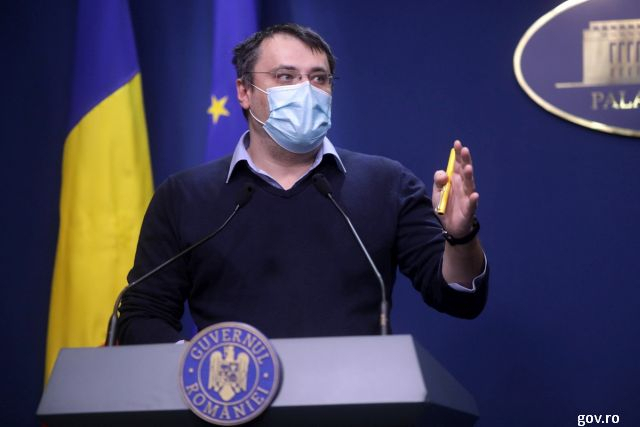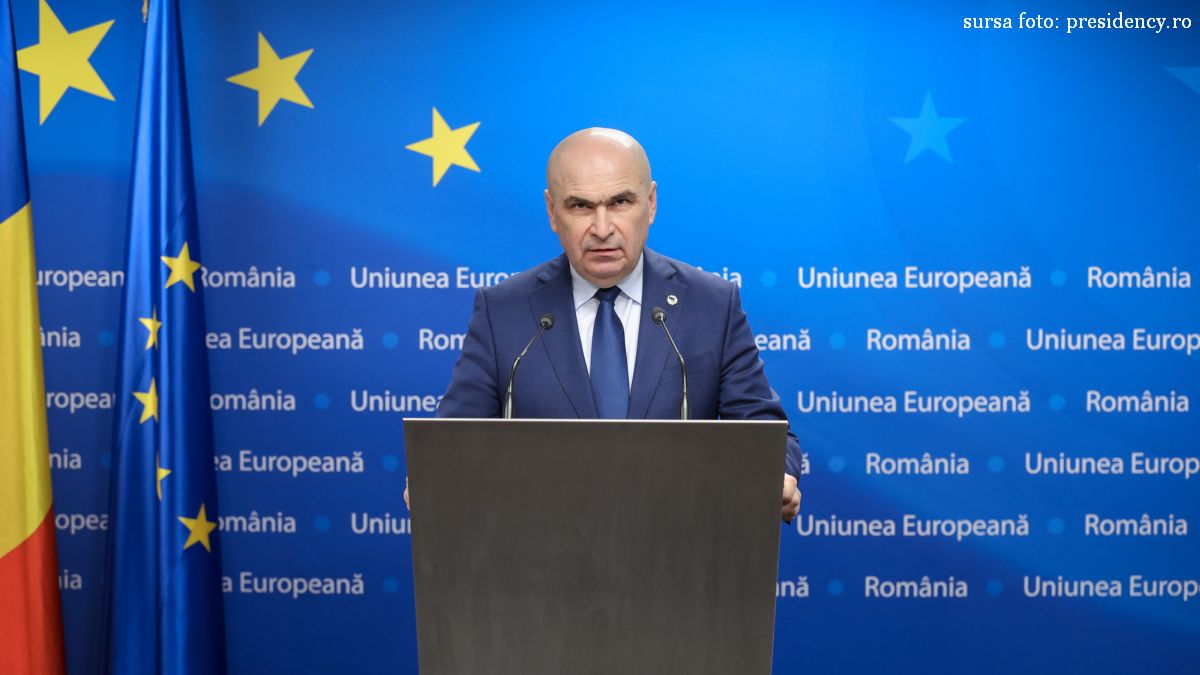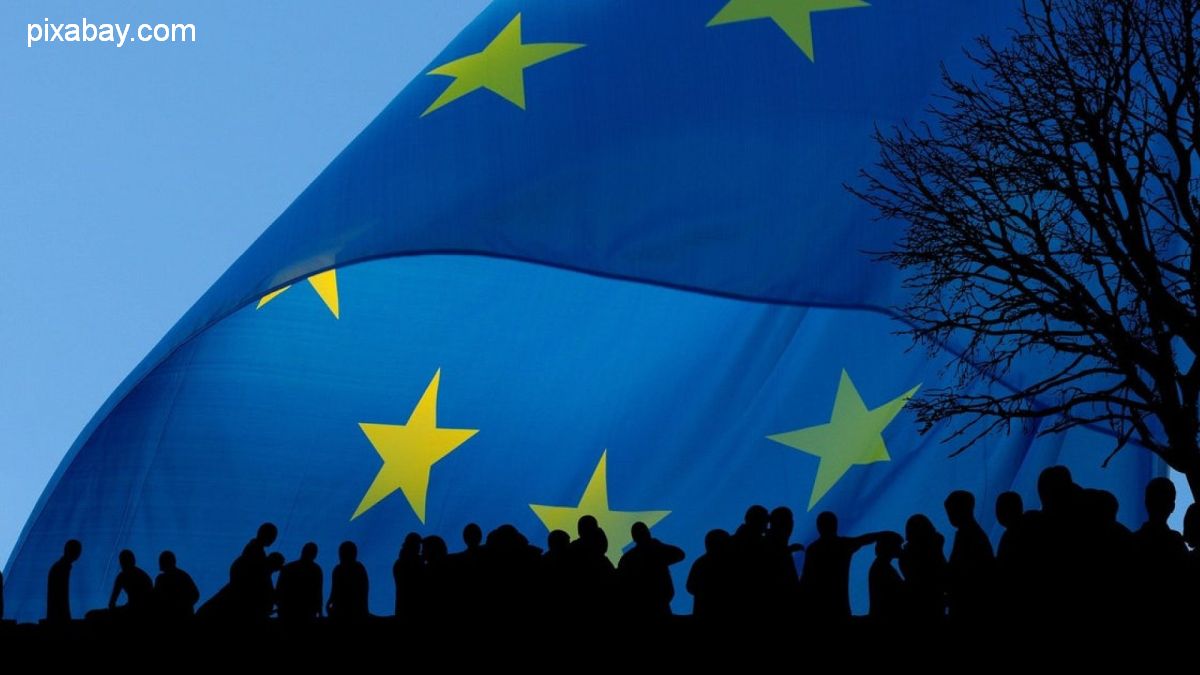The National Recovery and Resilience Plan
Romania is in talks with the European Commission about its National Recovery and Resilience Plan.

Eugen Coroianu, 23.04.2021, 13:50
Bucharest
and Brussels are carrying out intense discussions on Romania’s National Recovery and
Resilience Plan, under which the former is to receive considerable funding to
recover from the crisis generated by the coronavirus pandemic. All EU member
states are drafting similar plans, which will receive funding under a comprehensive
European mechanism of loans and grants worth over 672 billion euros and aimed at
supporting reforms and investments. The mechanism in question is based around six
main axes: the green transition, digital transformation, economic cohesion, productivity
and competitiveness, health, economic, social and institutional resilience and policies
for the next generation. This will allow the European Union to reach its 2050
goals in terms of climate neutrality and make progress on the path to digital transition
while creating jobs and stimulating economic growth.
President
Klaus Iohannis is to meet the government’s team in charge of drafting the
National Recovery and Resilience Plan on Monday:
We
will assess the Commission’s first feedback and will improve the plan. The ministry
will again present it to the Commission and I’m sure in the end it will be
approved and we will be able to use these funds. It’s a very large sum, 30
billion euros. We have the immense opportunity to carry out reforms that have
kept being postponed and to make investments that have not been made so far
because of the lack of funds.
The
Liberal prime minister Florin Cîţu said it wasn’t true that the plan adopted by
his government was rejected, but that it was only suggested it be remodelled. The
minister for investments and European projects Cristian Ghinea explained that
Romania did not submit its plan to Brussels officially, but that informal
technical discussions and negotiations are being held. He said that in the
opinion of the European Commission, the sum Romania allocated to infrastructure
is too big, while opinions differ when it comes to irrigation and the impact on
the environment. Romania has proposed a very big allocation to transport,
especially road transport. No other country in the region has proposed such as
high level. The Commission believes it’s too high. We are maintaining our position
that it’s a necessary level, Cristian Ghinea also said.
Marcel
Ciolacu, the leader of the Social Democratic Party in opposition says he will
propose his colleagues to go on parliamentary strike unless the National Plan
for Recovery and Resilience is presented in Parliament. He said it affects the
entire country and other EU member states have also presented it in their respective
Parliaments. (CM)






























